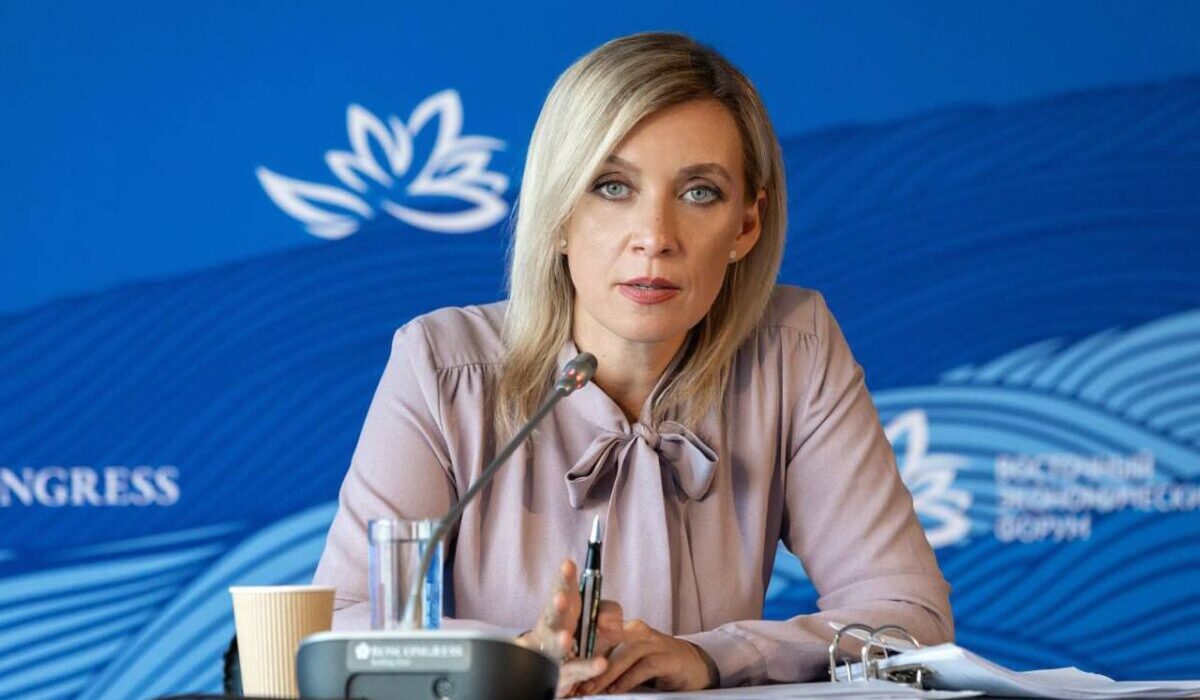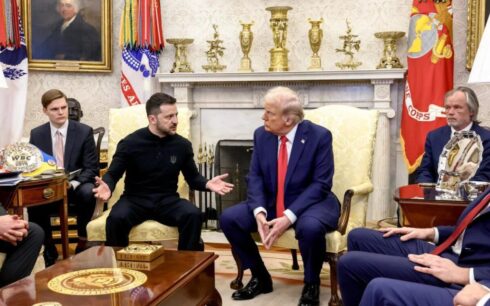MOSCOW — Russian Foreign Ministry spokeswoman Maria Zakharova expressed skepticism Wednesday about Daesh’s capability to orchestrate the recent attack on a Moscow concert hall, which resulted in the deaths of at least 143 people last Friday.
Zakharova reiterated Moscow’s unverified claims that Ukraine was responsible for the assault on Crocus City Hall, marking Russia’s deadliest incident in two decades.
The Emergencies Ministry of Russia confirmed the death toll from the mass shooting last Friday reached 143, an increase from the initially reported 139 casualties. Daesh, particularly its Afghan branch known as IS-Khorasan, has taken responsibility for the attack. Meanwhile, U.S. officials have indicated intelligence support for this claim. Ukraine has consistently denied involvement.
However, Zakharova accused Western countries of prematurely attributing the attack to Daesh to divert attention from Ukraine and its Western allies. “To shift suspicion from the collective West, they urgently needed a scapegoat, hence the immediate turn to ISIS by the Anglo-Saxon media shortly after the terrorist attack,” she commented.
Russian President Vladimir Putin acknowledged the attack was executed by Islamist militants but insinuated a potential advantage for Ukraine, suggesting Kyiv’s possible involvement. Putin disclosed that an escape route for the attackers had been allegedly prepared by the Ukrainian side before their capture in western Russia on Friday night.
Belarusian President Alexander Lukashenko disclosed on Tuesday that the assailants initially attempted to flee to Belarus but diverted towards Ukraine upon realizing the border was sealed.
The FSB’s director claimed on Tuesday Ukraine, the United States, and Britain had roles in the Moscow attack, a statement British Foreign Secretary David Cameron labeled as “utter nonsense” on social media platform X.
Kyrylo Budanov, head of Ukraine’s Main Intelligence Directorate, suggested at a security conference in Kyiv that Russian authorities were aware of the attack plans since mid-February. According to Budanov, Russia might have kept silent due to underestimating the attack’s severity or to blame Ukraine and justify official dismissals.
Following the incident, a U.S. official revealed that Washington had cautioned Moscow of a potential attack in the preceding weeks.





